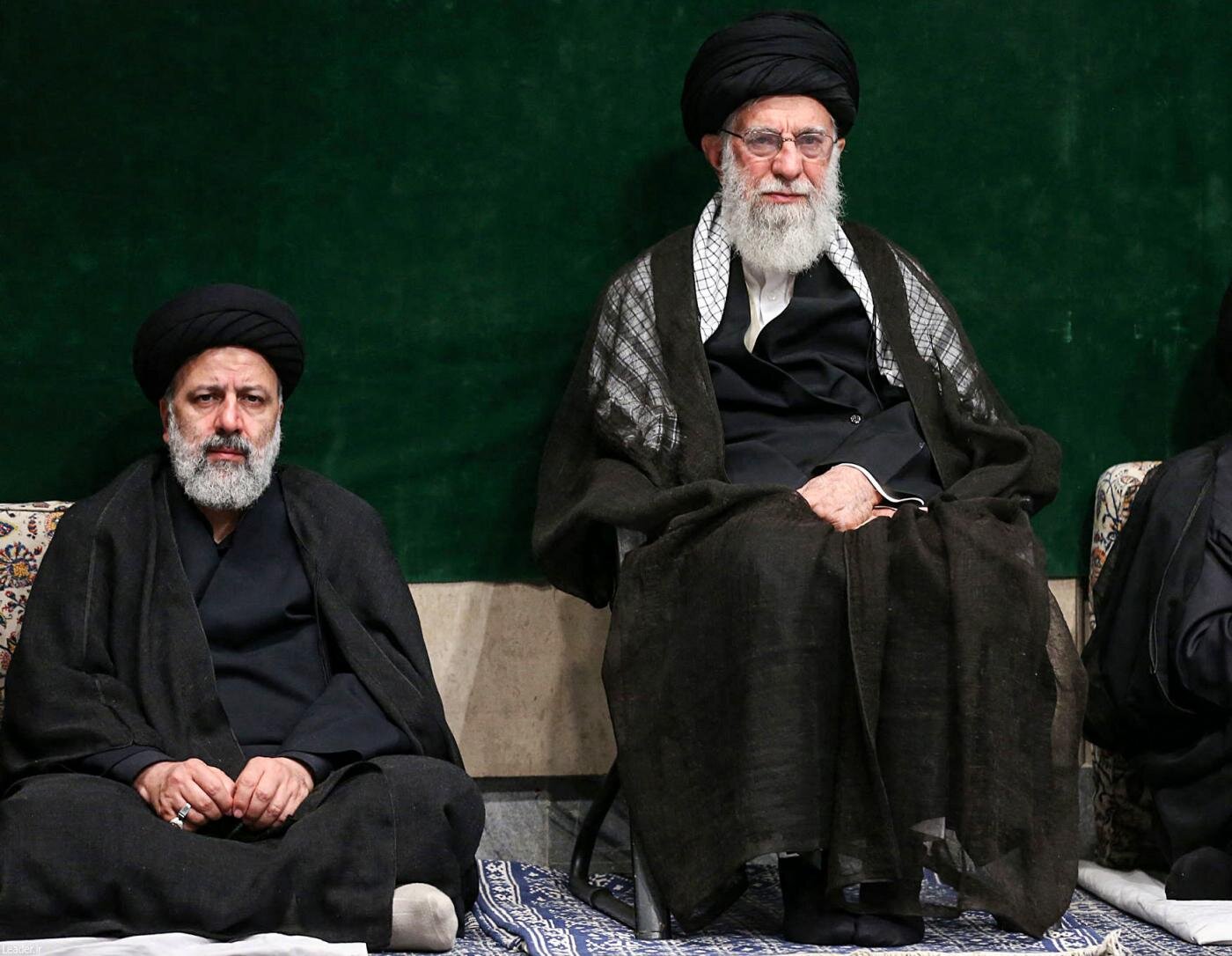Amid ongoing debates about Iran’s President Ebrahim Raisi and his foreign policy approach, I'm excited to share my latest for the United States Institute of Peace's Iran Primer. I aim to shed light on the convoluted and often long process of consensus-building between the maze of foreign policymaking entities and power structures in the country.
Iran is ruled by an autocratic form of government, but that does not mean that the Supreme Leader simply issues decrees, and everyone falls in line. In developing policy, an often-long process of consensus-building happens within a maze of entities and power structures. Ideological factions are seldom in agreement on any issue, including foreign policy, which adds another layer of political intrigue. The political environment is highly contested, and alliances shift constantly. Personal and institutional rivalries play a huge role as well. The institutional power of various entities also changes based on the individual in charge, so determining who holds the greatest sway is not a simple calculation.
